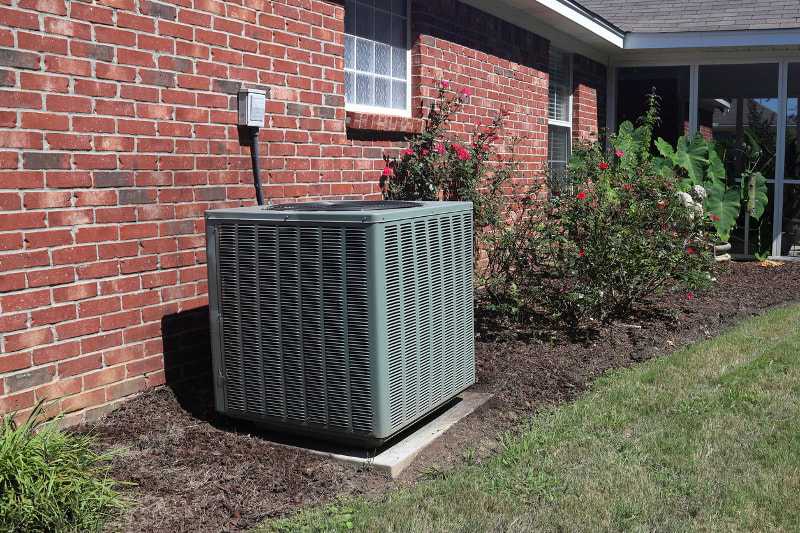The AC in your Lumberton, NC home relies on refrigerant to function. If your AC leaks refrigerant, its levels could drop too low and cause multiple problems. Here are some ways a low refrigerant level can harm your AC.
Dropoff in Cooling Performance
As your AC’s refrigerant level starts dropping, the first symptom you’ll notice is decreased cooling performance. The refrigerant collects heat from your home’s air to carry it outside. With less refrigerant, your air conditioner must work harder to move the same quantity of heat.
Constant Short Cycling
A low refrigerant level also increases the strain on your AC’s outdoor unit. That can lead your condenser to turn itself off to prevent damage. The result is frequent short cycling as your AC turns on and off to compensate for the missing refrigerant.
A Frozen Evaporator Coil
When your AC’s refrigerant runs low, it will operate at abnormally low temperatures. Less refrigerant means your AC operates at lower pressures than it should. Underpressurized refrigerant will drop below freezing before entering your AC’s evaporator coil.
When hot, humid air from your home passes across the coil, moisture collects on the coil’s surface. With the refrigerant below freezing, the moisture freezes instead of draining harmlessly away. A frozen evaporator coil hobbles the system’s airflow and cooling capacity.
A Damaged or Failed Compressor
The compressor in your AC’s outdoor unit requires a precise refrigerant charge. When your refrigerant levels drop, your compressor can overheat from the strain. That can shorten the compressor’s lifespan or destroy it.
If you have reason to believe that your AC has a refrigerant leak, you shouldn’t ignore it. Instead, call Cape Fear Air, Electric, & Plumbing immediately to schedule an AC repair.
Image provided by iStock




